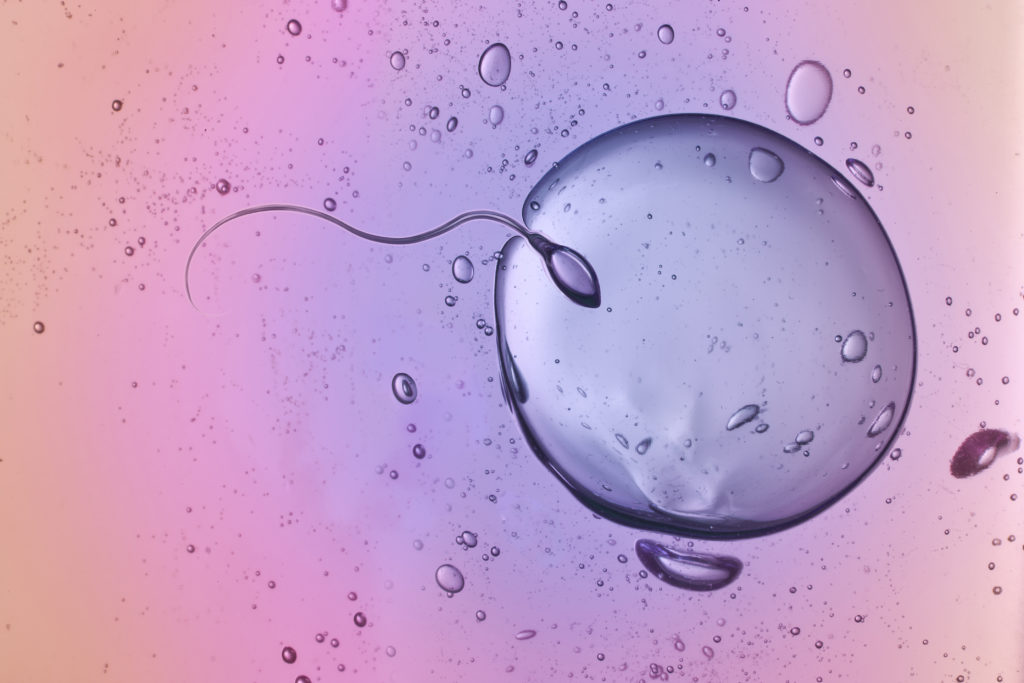Age and male fertility

Infertility, a sensitive subject often associated with women, also affects many men around the world. While the causes of infertility can vary, age plays a crucial role in male fertility and the ability to conceive.
Causes of infertility
Infertility can arise from a variety of causes, whether male, female, or mixed. In men, impaired sperm production is a frequent cause of infertility. This alteration can result from factors such as lifestyle, exposure to environmental toxins, or underlying medical problems. In addition, age has become an increasing cause of infertility, especially in societies where childbearing is postponed until later in life.
Impact of age on male fertility
Unlike women, whose fertility declines with age, men generally experience less pronounced changes in their ability to conceive as they age. However, this does not mean that age has no impact on their fertility. As men age, the quantity and quality of their sperm can be affected.
Men produce sperm continuously, but its quality can begin to deteriorate after the age of 40. Studies indicate that by the age of 45, sperm may show genetic changes, increasing the risk of chromosomal and developmental problems in the offspring.
Consequences for conception
The decline in sperm quality and male fertility with age can have major implications for conception. However, it should be noted that fertility in men can vary considerably from one individual to another, and that some men can conceive successfully after the age of 40, while others may experience difficulties.
It is therefore essential for couples to consider the age factor when considering having children. To anticipate possible difficulties in having a family when the time comes, it is advisable to discuss family planning with a health professional, even if pregnancy is not on the immediate agenda. This could help to take preventive measures to maximise the chances of successful conception and optimal health for the offspring.
More information:
- The Patient Education Website of the American Society for Reproductive Medicine. (2014). Does my age affect my fertility? https://www.reproductivefacts.org
- FertiGenève. (2024). Questions fréquentes. FertiGenève. https://www.fertigeneve.ch/faq/
